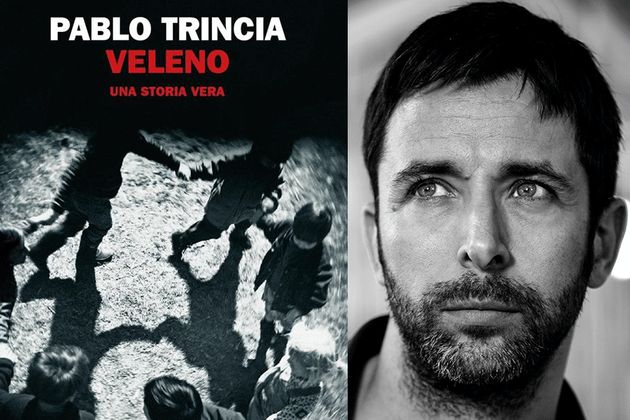Leslie Knott, an award-winning filmmaker and photographer, is co-founder of Tiger Nest Films, and travels to some of the most unstable regions in world. Knott’s shocking and moving films expose viewers to the largely uncovered humanitarian issues such as the refugee crisis. Polis Summer School student Alexandra Kazerounian reports on her talk to the Polis/LSE Journalism Summer School.
Knott’s film, Syria’s Disabled Refugees shows the extensive hardships refugees are currently facing, it’s hard to imagine enduring such harsh living conditions, while also being disabled. Moreover, the disabled refugees of Syria are a group that has previously received little to no media coverage. The family in the film features not only the daughter of the family who has suffered from chronic illness, but also the mother who is now paralyzed after being bombed while searching for food.
Knott produced this film with Giles Duley, a photographer who became disabled himself when he stepped on a bomb in Afghanistan. He began documenting the plethora of refugees living with disabilities three years prior to this film, and has now returned to check on a family he worked closely with. He was shocked to find that the family’s living situation had not changed and they were still waiting to be transferred to France.
Duley, Knott explained, was riddled with guilt over this. He felt that it was his duty as a reporter and a photographer to follow the family and keep track of their progress. After discovering their living situation had not changed, he felt a sense of personal responsibility and that he had let them down.
Knott’s film features him expressing this disappointment to the family and showing the couple a photo he took of them three years ago. The disabled mother lies in bed as the father sits beside her, their eyes locked. Duley comments on the love between them and the strength in their bond, which viewers simultaneously observe as the couple examines the photo.

Clips like this are perhaps what make Knott’s work so refreshing. Viewers see the refugee populations as real families with genuine emotions. It is through careful, non-invasive tactics that they were able to obtain such delicate footage. Knott describes this approach as “gentle journalism” and further explains that upon arriving at a camp, Duley refuses to take anyone’s photo for at least four hours. By not viewing the refugees as objects to be recorded, they are instead able to foster ties and conversation within the community. Knott explained that with this approach, by the end of the day, women were lining up to speak to Duley and have their photo taken.
Knott seeks to give a voice to those who lack the opportunity to tell their story. She focuses on depicting the closest version of the truth she can obtain, but in a non-invasive and “gentle” manner. This approach allows her to straddle the broadcast world and humanitarian sphere simultaneously, bringing into light the ethical concerns behind the political battlefields of the global world. It is through this approach that she successfully documents the ‘grey’ between the black and white and creates a space for viewers to confront the reality of the major humanitarian concerns behind today’s top news stories.
This report by Polis Summer School student Alexandra Kazerounian




